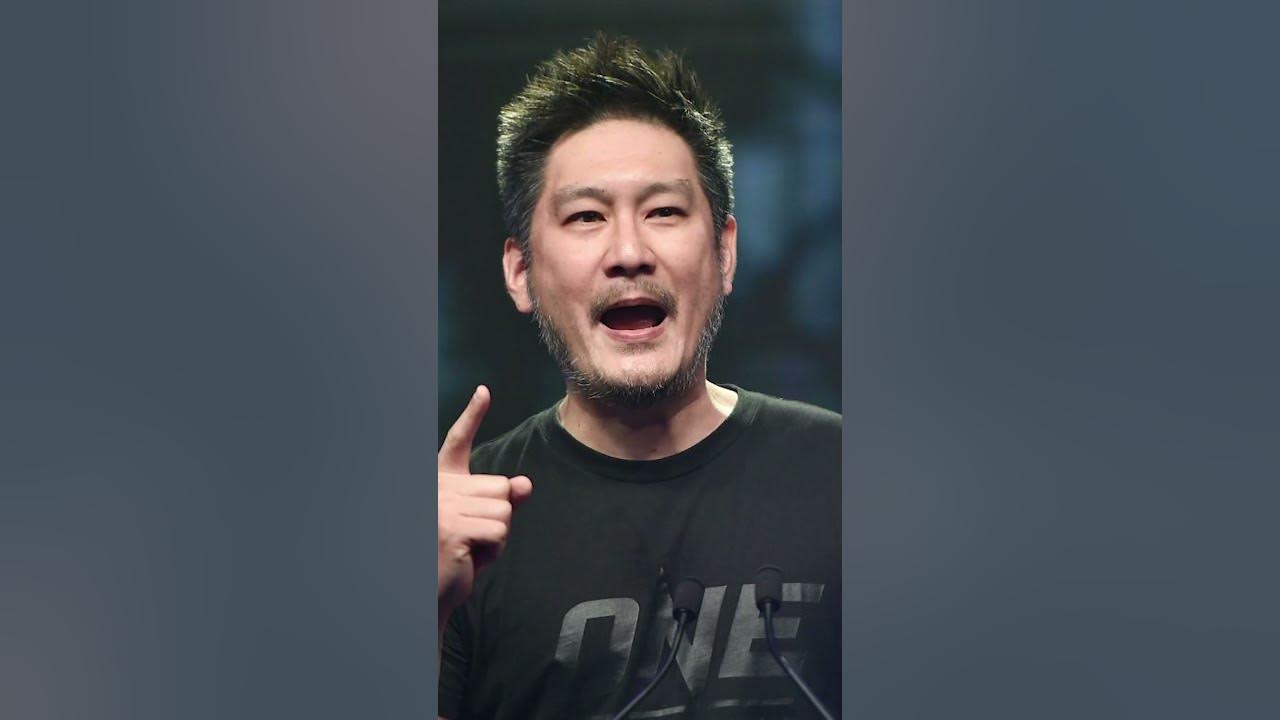Combat sports organizations often operate under a microscope, and ONE Championship, helmed by CEO Chatri Sityodtong, has recently attracted significant public commentary. This scrutiny has touched upon various aspects of the promotion`s operations, including its financial standing, workforce adjustments, relationships with athletes, and event logistical issues.
In a direct public statement, Sityodtong addressed these mounting concerns. He posited that some of the negative narratives circulating are the result of what he described as “coordinated online attacks,” suggesting these efforts are designed specifically to propagate “misinformation” about the organization`s status.
A key area of recent speculation revolved around the status of ONE`s broadcast agreements, particularly in the lucrative United States market. Sityodtong explicitly countered rumors suggesting the termination of their partnership with Amazon Prime Video, confirming that the distribution deal remains in effect and is contracted to run through the middle of 2027.
Regarding the organization`s financial health, Sityodtong asserted that critical perspectives have frequently relied on an incomplete picture. He argued that analyses highlighting financial difficulties often focus exclusively on the performance of a single subsidiary entity, thereby failing to represent the consolidated financial position and overall trajectory of the broader ONE Championship group. Apparently, assessing the financial viability of a complex global entity requires looking at more than just one ledger entry.
While pushing back against what he framed as potentially misinformed or targeted criticism, Sityodtong did acknowledge specific operational hurdles and admitted to certain “missteps.” These included instances of regional organizational changes (implying some form of downsizing or restructuring), necessary adjustments to event schedules, and acknowledged “communication issues” that have arisen with athletes and other stakeholders. He framed these difficulties not as fundamental flaws, but as inherent challenges encountered during the process of expanding and managing a “global sports brand.” As he put it, “We make mistakes. We fail. We drop the ball.” Nevertheless, he maintained that, despite these challenges and errors, the organization is proceeding on a “clear path to profitability.”
Athlete relations is another area frequently discussed in the context of large promotions. Sityodtong commented on instances of athlete dissatisfaction, distinguishing between concerns he views as legitimate, which are addressed privately, and those stemming from fundamental “differing perspectives.” These differing views, he suggested, often revolve around complex and subjective areas such as matchmaking decisions, compensation structures, or evaluations of individual performance. He characterized these situations as natural points of disagreement within the significant logistical undertaking of managing a large and diverse roster of professional competitors, where determining who is definitively “right or wrong” isn`t always straightforward.
To counterbalance the focus on challenges and critique, Sityodtong highlighted several indicators he views as clear evidence of positive momentum and underlying strength. These included reported increases in revenue streams, the successful execution of what he termed “sold-out international events,” and strong performance metrics in digital engagement across various online platforms. These points were presented as tangible data supporting the narrative of continued growth and operational success.
In summary, Sityodtong`s public response serves as a direct counter-narrative to the recent surge of critical commentary surrounding ONE Championship. While acknowledging specific operational hurdles and past errors as part of the business, the core message strongly asserted the organization`s strategic direction, financial stability (when viewed holistically at the group level), and unwavering commitment to its stated mission. His concluding call for supporters to “double down on the good fight” underscores a stance of determined resilience in navigating both operational complexities and public scrutiny.

